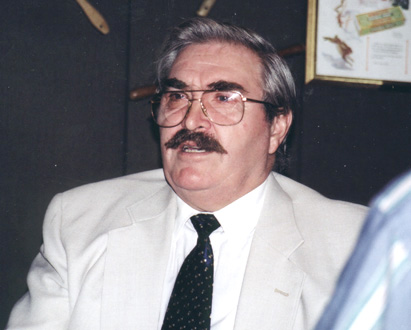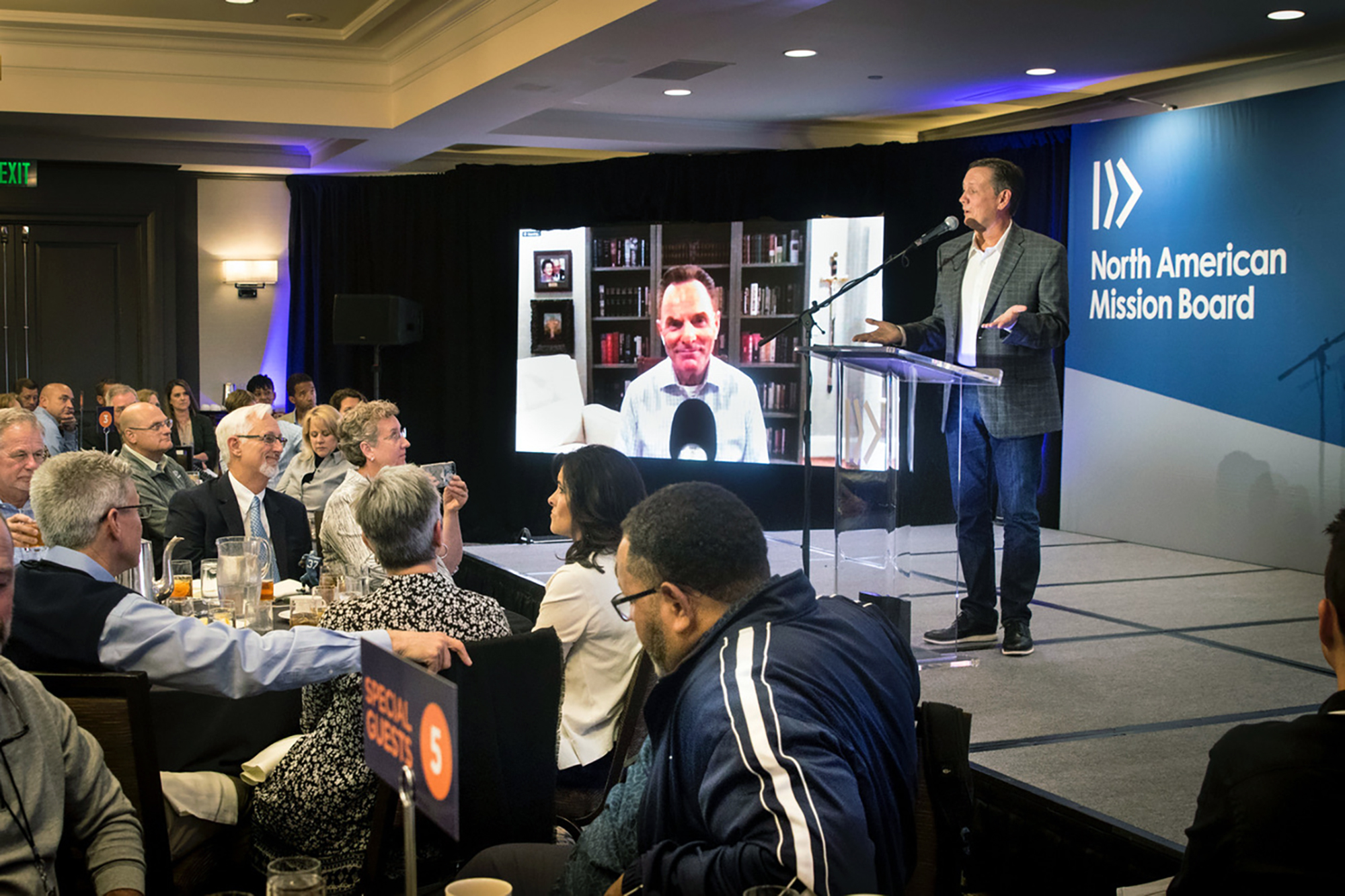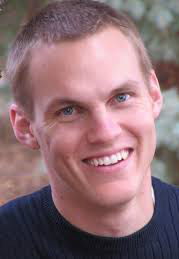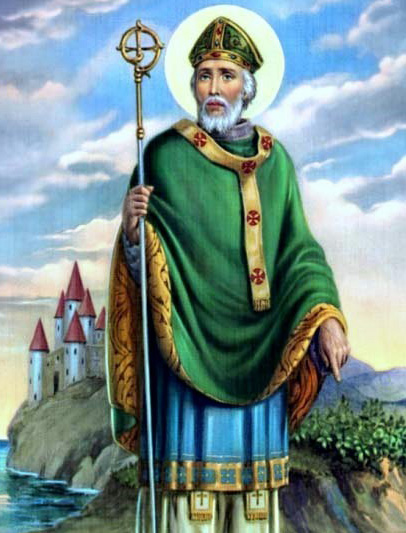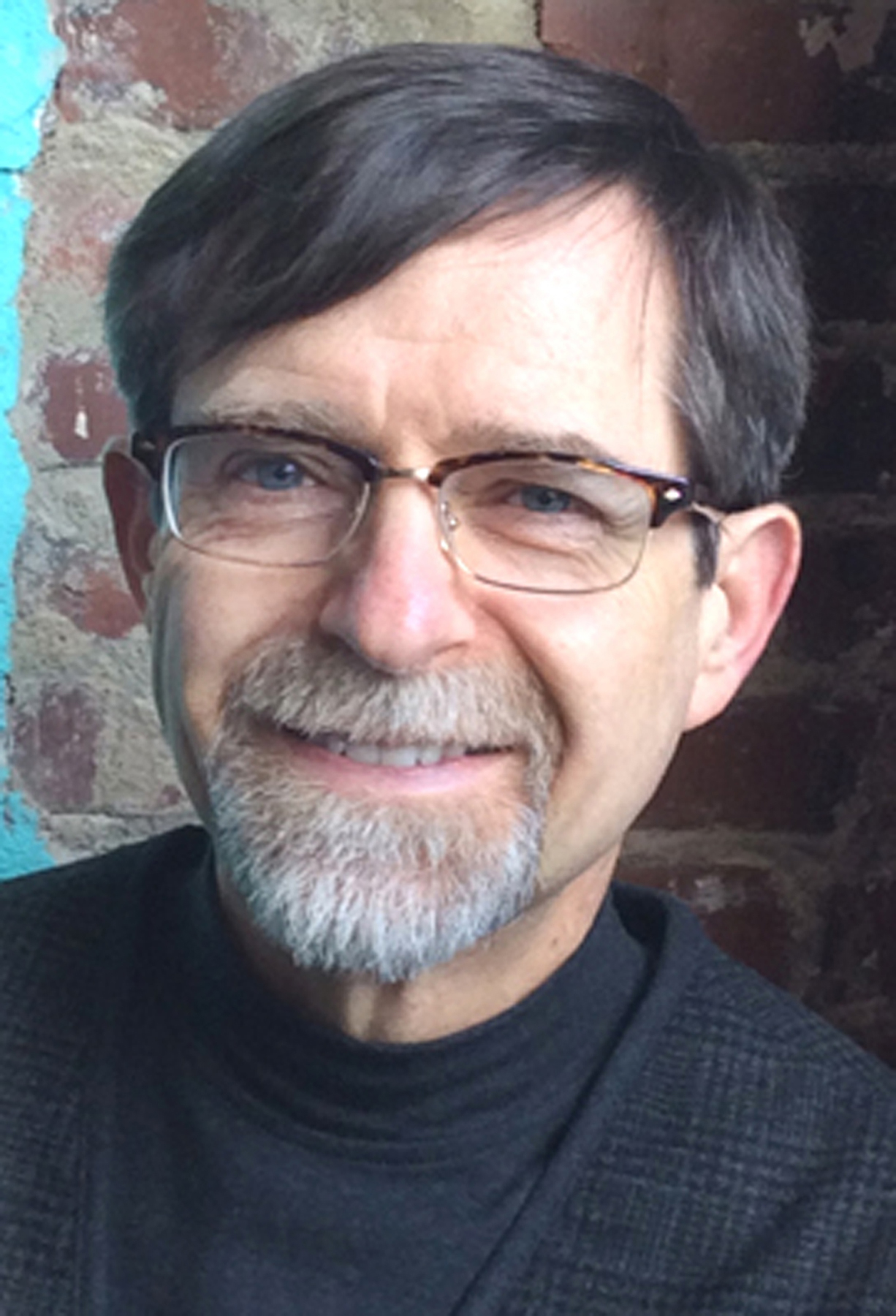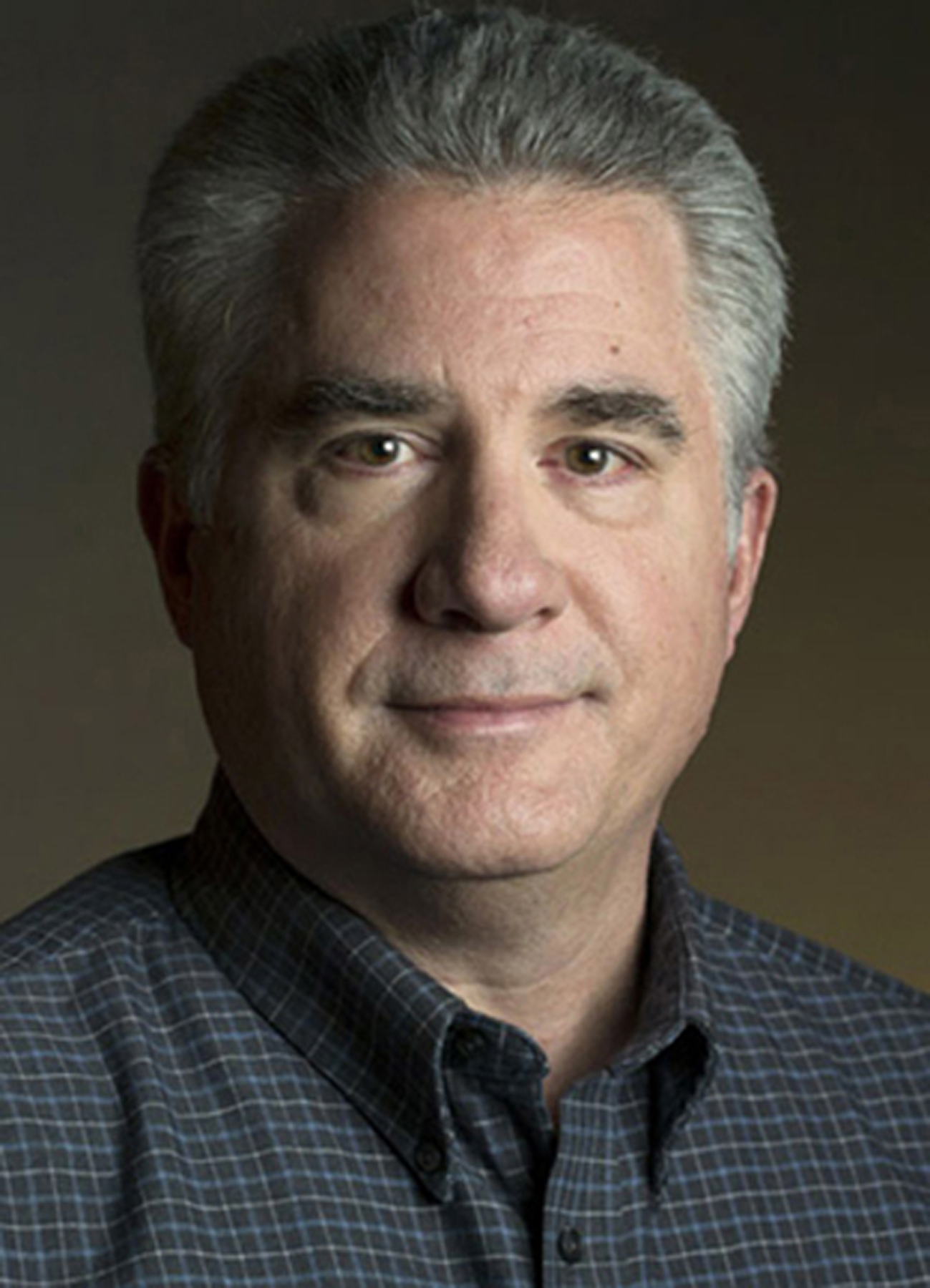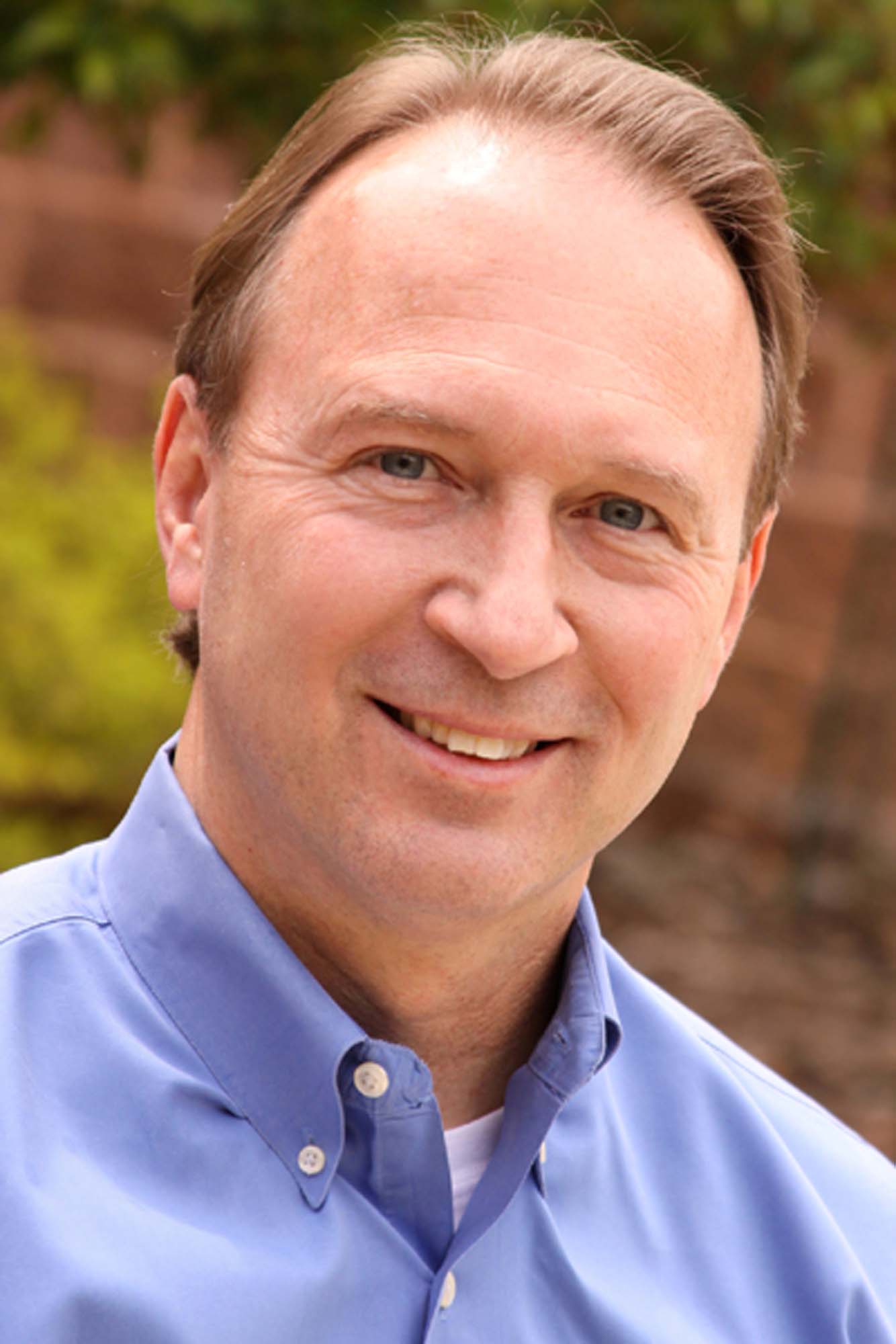
LINCOLN, Neb. (BP)–Vitaly Solkan was at his job in Estonia in 1988 when his supervisor came up to him and said someone needed to speak with him.
Outside, standing near a black car, in dark suits, two men approached the wary Solkan and began peppering him with questions.
“Who are you?” they asked Solkan.
“No, who are you?” Solkan answered back.
“We understand you are a Christian. What church do you attend? Who preaches at this church? Who are the other members?” the men probed.
Finally, the men said they were with the KGB and were going to find out about his role with the Christian church in the Soviet Union. When Solkan said he had nothing to tell, he was threatened with prison. Standing firm, the men of the former Russian secret police finally grew tired and resorted to other scare tactics. The KGB stripped Solkan and his family of their passports, driver’s licenses and all paperwork giving evidence of their citizenship. A raid of their home resulted in the removal of all Bibles, hymnals and anything that associated him with Christianity.
“Your God is in America, so it is time you go there,” the KGB told Solkan and sent him to Rome where he was handed over to the United States Consulate. Seeing he and his family were refugees, Vitaly Solkan was allowed to enter America and was sent to Lincoln, Neb., in 1989.
With his wife, Nadezhda, and their seven children (two children died at an early age in Estonia), the Solkans arrived in Nebraska with a few clothes, no money and without the ability to speak English.
Crying to the Lord, Solkan said, “I speak no English, help me Lord, give me this tongue.”
Assisted by the Ukrainian Catholic church in Lincoln, Solkan was told he must attend that church or he would not be given help. Not eager to be involved there, however, the Solkans were once again alone in unfamiliar surroundings.
Someone told Emmit Cooke, a member of Southview Baptist Church, about the Solkan family and he immediately came to their rescue. Cooke and members of Southview took them in and helped them get settled. Before long, Solkan was learning English, working and making a new life in the United States.
The story does not end there however, because a man such as Solkan, with his gregarious personality, contagious smile and his heartfelt desire to tell everyone he meets about Jesus — it was not long before he had helped organize a church that included other Russian-born Christian immigrants. Through witnessing, meeting new immigrants at the airport on their first day in the country, this church now has 130 members and is known as the First Slavic Baptist Church and meets in Southview’s facilities each week.
A multitude of people like the Solkans are arriving in Lincoln each year, many in the same situation. Reaching these new groups with the gospel is a challenge for the Eastern Nebraska Baptist Association. Covering the state’s two largest cities, Lincoln and Omaha, mission work into nearly a dozen different language groups in these cities is a formidable task, but a task that is being prayerfully tackled.
Although Hispanic, Sudanese, Vietnamese, Korean and Hispanic work is in progress, work among the Bosnian population is still in the prayer stages with no foot in the door as of yet, said Eddie Smith, church starter strategist for the association.
But finding trained leaders who feel called to go and minister with these different groups is difficult. An example of the challenge can be shown with the large Hispanic population. In Omaha, currently there is only one Southern Baptist church to minister to 40,000 Hispanics. The number of groups moving into the area will only increase in the next three years. The Asian population is expected to increase by 25 percent and the Hispanic population is expected to grow by 32 percent in the next three years.
“Our church start work team is praying for the Lord to open up a church start movement among our congregations,” Smith said. “We pray for the Holy Spirit to create a hunger among our people to start new churches.”
Smith and other associational church leaders are enthusiastic as 22 people are set to begin basic training for church starters in the coming weeks.
“We need leaders and need to be in a position to train these new leaders and send them out,” Smith said.
Just as it was with Solkan and his family, the need to learn English is critical for these newly arrived internationals. This presents an opportunity to minister directly to them and share the gospel. Boyd Pelley, small group minister at New Covenant Church in Lincoln, has approached one group to take on this assignment within their small group.
The idea is to teach English as a second language, but do it within the framework of Sunday School. Using the Bible as a textbook and teaching during this time period, the hope is it will also create new opportunities for ministry within the church to a particular language group.
Over 12 years later, Solkan is still enthusiastic about his journey to the United States and continues to help others reach the various language groups for the Lord.
“I like to talk to people about Jesus,” he affirmed with his still heavy Russian accent. “I pray for God to open my mind and tell me how to talk to people about Jesus.”
Undeterred by some serious health problems that include colon cancer, as well as the recent loss of his job and no medical insurance, Solkan is now encouraging his doctor, who says he does not believe in God, to accept Jesus.
“All of Russia says people in the United States believe in God,” he tells his doctor. “But you don’t, so I believe I suffer so I have the chance to tell you about Jesus.”
Thankful for the help of others over the years, Solkan in turn wants to do the same for someone else.
“God gives me a little bit of English, and God’s mercy gives me an opportunity to tell people about Jesus.”
–30–
Steve Achord is a staff writer for The Baptist Digest, newsjournal for Kansas-Nebraska Southern Baptists. (BP) photo posted in the BP Photo Library at https://www.bpnews.net. Photo title: VITALY SOLKAN.
